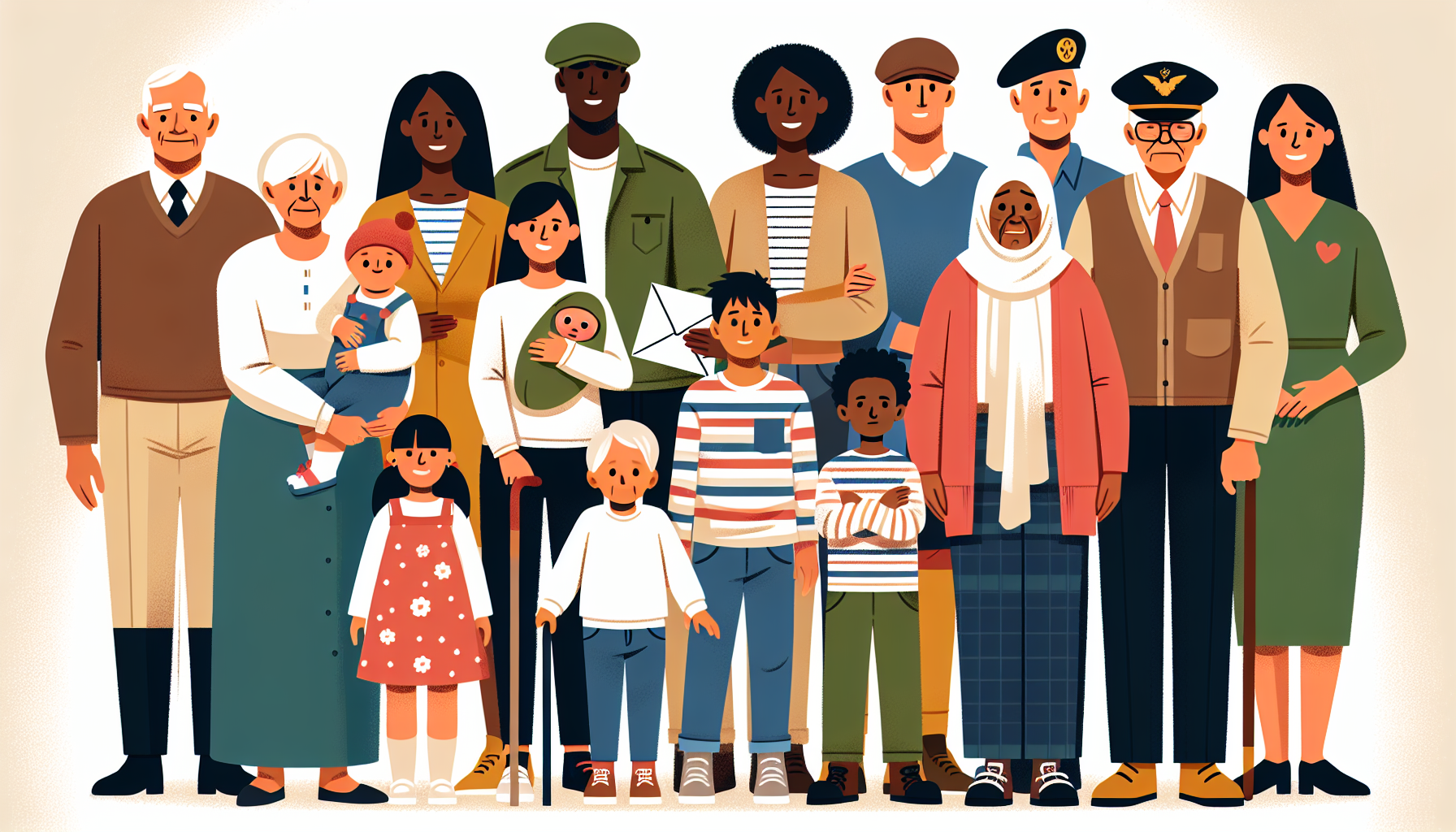Definition
Survivor’s and Dependent’s Pension is a monetary benefit provided by the Department of Veterans Affairs to eligible dependents of deceased veterans with wartime service. This benefit caters to low-income, surviving spouses and children who haven’t remarried. The pension aims to offer financial support and help cover their basic needs.
Key Takeaways
- Survivor’s and Dependent’s Pension is a tax-free monetary benefit provided to qualifying low-income surviving spouses and dependent children of deceased veterans with wartime service.
- To be eligible for this benefit, the deceased veteran must have served at least 90 days of active duty, with at least one day during a qualified wartime period, and been discharged under conditions other than dishonorable.
- Eligible recipients must also meet income and net worth requirements, as well as not be remarried (for surviving spouses) and be under the age of 18, or under the age of 23 if attending an approved educational institution (for dependent children).
Importance
The VA benefits term, Survivor’s and Dependent’s Pension, is important because it ensures financial stability and support for the families of deceased or disabled veterans.
When a veteran passes away or becomes permanently disabled due to service-related circumstances, this crucial benefit provides their surviving spouse, children, and/or other eligible dependents with valuable financial assistance.
By covering monthly expenses and assisting with education costs, the Survivor’s and Dependent’s Pension safeguards the welfare of veterans’ families, allowing them to maintain their quality of life and to overcome the challenges of such a significant loss.
Explanation
The Survivor’s and Dependent’s Pension serves the vital purpose of providing financial assistance to the surviving spouses and eligible dependents of deceased veterans who faithfully served their country. This program, managed by the Department of Veterans Affairs (VA), ensures that the families left behind receive the monetary support they need to sustain their livelihood in the absence of their loved ones.
Specifically designed for low-income families, the pension not only honors the sacrifices made by veterans but also acknowledges the impact these brave individuals have had on their families. This non-service-connected pension plays a critical role in alleviating the financial burden faced by survivors who struggle to meet their everyday living expenses.
The amount of pension provided aims to bridge the gap between the family’s total income and the Maximum Annual Pension Rate (MAPR) set by Congress, which is subject to change every year. Additionally, certain factors such as the number of dependents and the marital status of the surviving spouse come into play, ultimately determining the amount of compensation receivable.
By implementing the Survivor’s and Dependent’s Pension, the VA fosters a sense of solidarity and commitment towards the welfare of veterans’ families, safeguarding their future in times of need.
Examples of Survivor’s and Dependent’s Pension
The Survivor’s and Dependent’s Pension (also known as the Dependency and Indemnity Compensation) is a benefit provided by the Department of Veterans Affairs (VA) to eligible survivors and dependents of deceased veterans. Here are three real-world examples of individuals who might be eligible for this benefit:
A war widow: Jill’s husband served in the U.S. Army and was killed in action during his deployment in Iraq. As a surviving spouse, Jill is eligible for the Survivor’s and Dependent’s Pension benefit, which can help her financially while grieving her loss and adjusting to life without her husband.
A disabled adult child: James is the son of a deceased veteran, who passed away from a service-connected disability. James has been diagnosed with cerebral palsy since birth, which makes him permanently and totally disabled as per VA guidelines. He is 35 years old and never married. As a surviving dependent, James is eligible for a pension from the VA, which helps cover his living expenses and medical costs.
A surviving child attending school: Sarah’s father passed away from a service-connected disability while serving in the U.S. Navy. Sarah is currently enrolled in college and is 19 years old. The VA provides her with Survivor’s and Dependent’s Pension benefits to assist with tuition and other educational expenses during her time in school.
FAQs: Survivor’s and Dependent’s Pension
Q1: What is the Survivor’s and Dependent’s Pension?
A1: The Survivor’s and Dependent’s pension is a tax-free monetary benefit paid to eligible surviving dependents of deceased wartime veterans. The funds are intended to provide financial support for qualifying family members.
Q2: Who is eligible to receive the Survivor’s and Dependent’s Pension?
A2: To be eligible, the recipient must be either the surviving spouse of a wartime veteran, who has not remarried, or an unmarried child of the deceased veteran who is under 18 years old, between 18-23 years and still attending an approved educational institution, or permanently incapable of self-support due to a disability prior to age 18.
Q3: How do I apply for the Survivor’s and Dependent’s Pension?
A3: You can apply for the pension by filling out the VA Form 21P-534EZ, “Application for Dependency and Indemnity Compensation (DIC), Death Pension, and/or Accrued Benefits”. File the application with the supporting documents to your VA regional office or mail it directly to the Pension Management Center.
Q4: How is the Survivor’s and Dependent’s Pension calculated?
A4: The VA calculates the pension based on the difference between your annual income and the applicable maximum annual pension rate (MAPR). The MAPR varies depending on the individual’s situation, such as marital status and number of dependents. Additional amounts may be included for aid and attendance, or housebound benefits.
Q5: Can I receive the Survivor’s and Dependent’s Pension and other VA benefits at the same time?
A5: Yes, you can concurrently receive the Survivor’s and Dependent’s Pension and VA benefits such as Dependency and Indemnity Compensation (DIC) or education benefits under the Survivors’ and Dependents’ Educational Assistance (DEA) program. However, you may be subject to income and asset limitations.
Q6: Can the Survivor’s and Dependent’s Pension be terminated or reduced?
A6: The pension can be terminated or reduced if the recipient’s situation changes, such as remarriage of a surviving spouse, the child reaches the age of 18 (unless they meet specific criteria to continue the pension), or the recipient’s income exceeds the Maximum Annual Pension Rate (MAPR).
Related VA Benefit Terms
- Survivors Pension
- Dependents Education Assistance (DEA)
- Dependency and Indemnity Compensation (DIC)
- VA home loan eligibility for surviving spouses
- Death pension benefits
Sources for More Information
- U.S. Department of Veterans Affairs
- Military OneSource
- Veteran Affairs Benefits and Services
- Vets.gov
 Benefits.com Advisors
Benefits.com Advisors
With expertise spanning local, state, and federal benefit programs, our team is dedicated to guiding individuals towards the perfect program tailored to their unique circumstances.
Rise to the top with Peak Benefits!
Join our Peak Benefits Newsletter for the latest news, resources, and offers on all things government benefits.




















